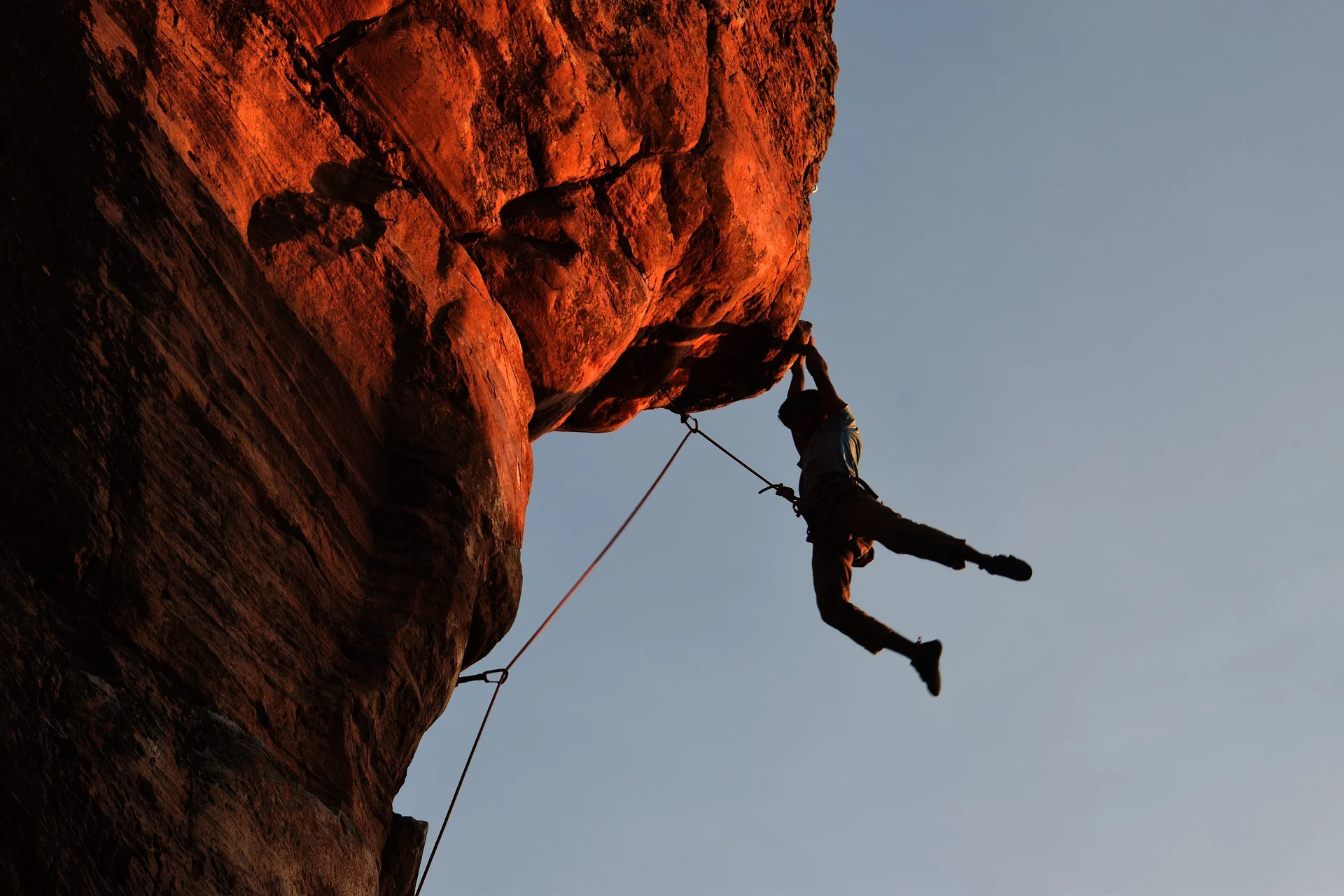As we delve more deeply into our discussion of risks and risk-taking, it’s important to get a solid understanding of the potential for risks and how to identify them – if, or when, they arise. If we want to achieve success or adjust things in our lives that aren’t working for us, then that usually means making a change, which, well…you guessed it, will likely involve some level of risk to reach that new goal or objective.
What is a risk?
A risk is an uncertain event that has a probability associated with it. Any time we do something, whether it’s cooking dinner, driving, walking on the beach, or frankly any activity you can think of, there is some level of risk involved that could impact not only our overall success in completing the task, but our safety and health as well. As the personal stakes go up, often the risks do as well. For example, quitting your current position to pursue your dream job could significantly improve your quality of life and job satisfaction, but the risks involved could be considerable too, such as the potential for failure, loss of income, relationship disruptions, relocating, and so on. That’s why identifying and anticipating risks is a key step when making changes to our lives and pursuing goals.
It starts with making a list
We can’t manage our risks if we don’t know what they are, so that’s why the process of identifying or pinpointing them is important. It involves predicting and labelling all and any possible events or circumstances which may arise that could impact us along the way. Understanding risk involves studying the impacts and thinking the scenario all the way through. This also involves exploring our own personal strengths and weaknesses and anticipating not only the worst-case scenario, but also the best-case scenario. Although we often think of risks as negative, they can also be positive. An example of this is someone who may fear being lonely after a break-up, only to discover that some solitude and time with friends was exactly what they needed. Interestingly, the synonyms for risk include not only words like “danger”, “menace”, and “gamble”, but also very important words such as “possibility” and “chance”. That’s why we take risks in the first place – for the possibilities and chances they open up for us.
When it matters most
Once you’ve assessed your risks and considered all options, your next task is to decide how far you are willing to go. If the risks seem overwhelming, some may question if the end goal is still worth it, while others will still dive in with loads of enthusiasm. In mountaineering, identifying and understanding risks is crucial. It would be foolish, or even negligent, to start an expedition without properly identifying and understanding the many risks involved. Some of the risks we face in mountaineering are grave, and they include: cerebral and pulmonary edema, storms and inclement weather, interpersonal conflicts, sicknesses, equipment failure, avalanches, pressure anomalies, and loss of communication. Identifying those risks in advance and having a system in place to manage them should they arise is the best way to mitigate them. Despite those risks, you may ask, “why on earth do you engage in mountaineering at all?”. The answer is simple – because it’s an important personal goal for me. That’s all the reason anyone ever needs to take chances in life, despite the risks. When we choose to play it safe, it usually results in being stalled instead of moving forward. We all know how short life is, which is why it’s always a good idea to try new things and take a few chances, especially when it’s a life-enhancing opportunity. If you are even a little risk-averse, then don’t give up or throw in the towel, but instead take the time to analyze the potential risks more closely. The knowledge you’ll acquire in the process could be enough to convince you that despite those hurdles and risks, the end result is still worth it.
The risk of a wrong decision is preferable to the terror of indecision. – Maimonides


